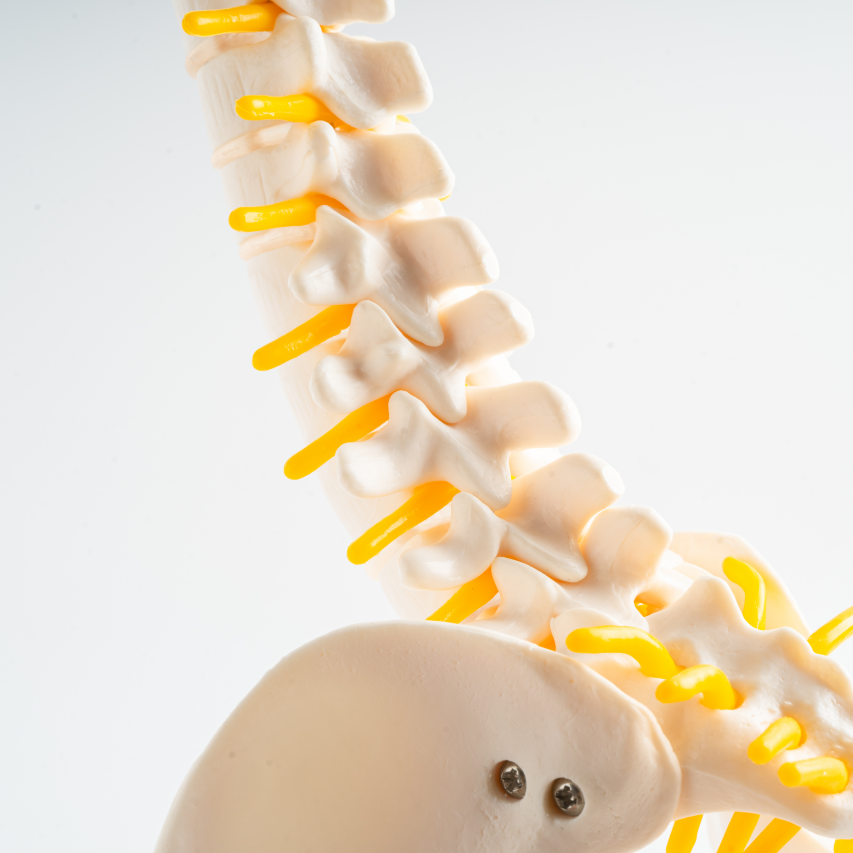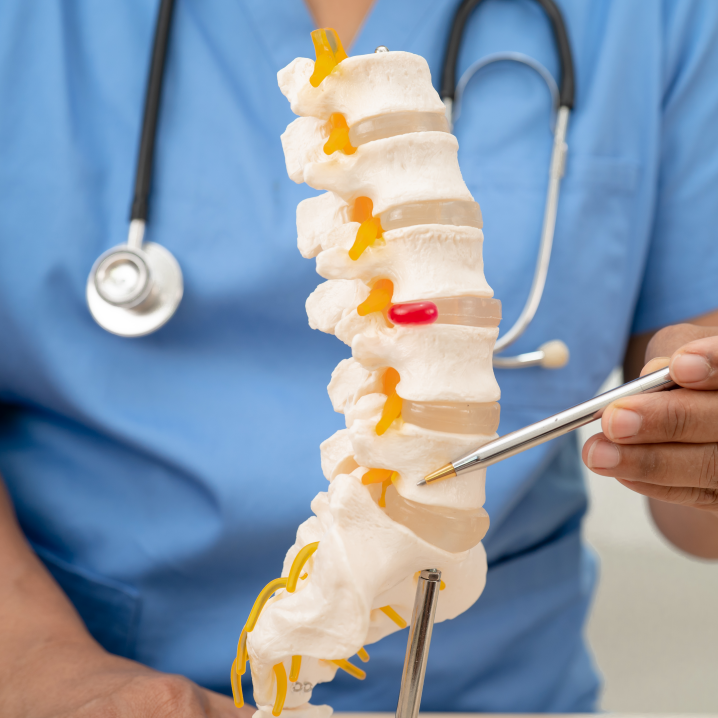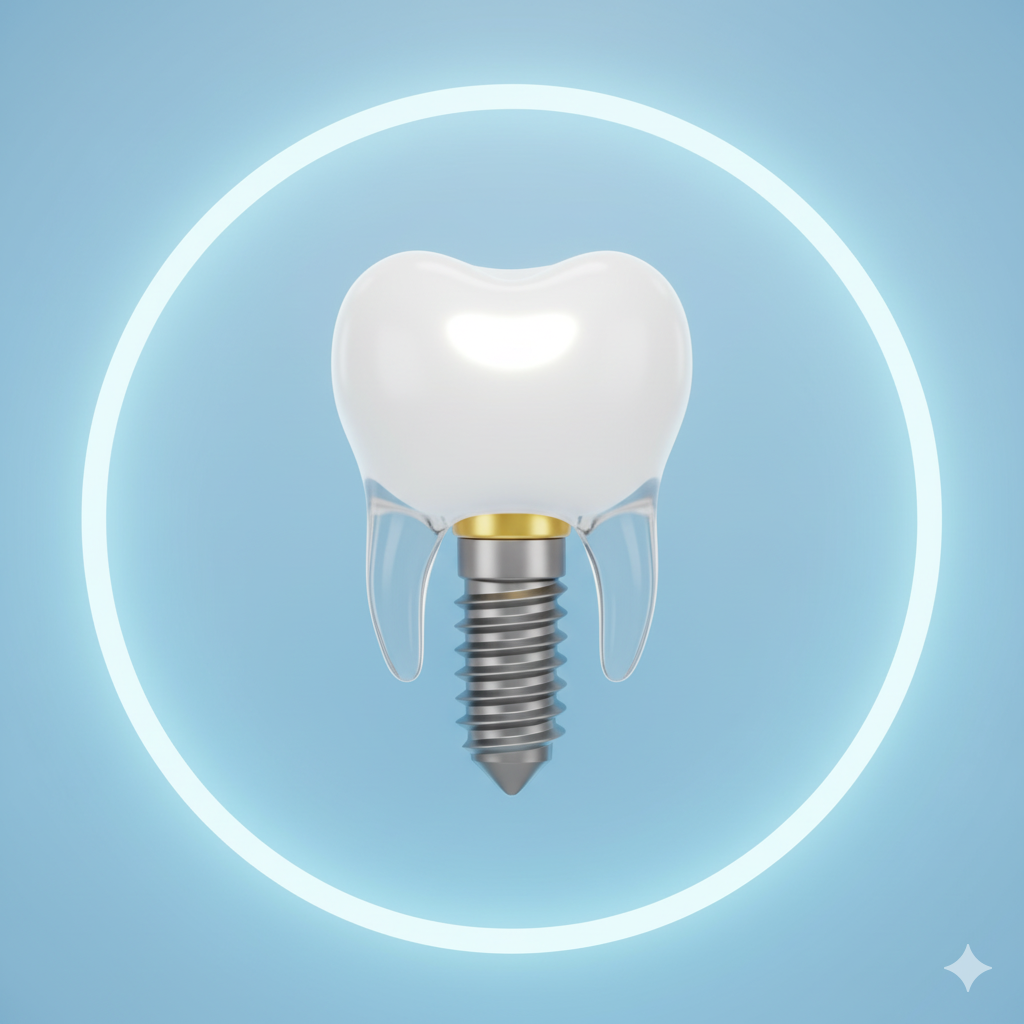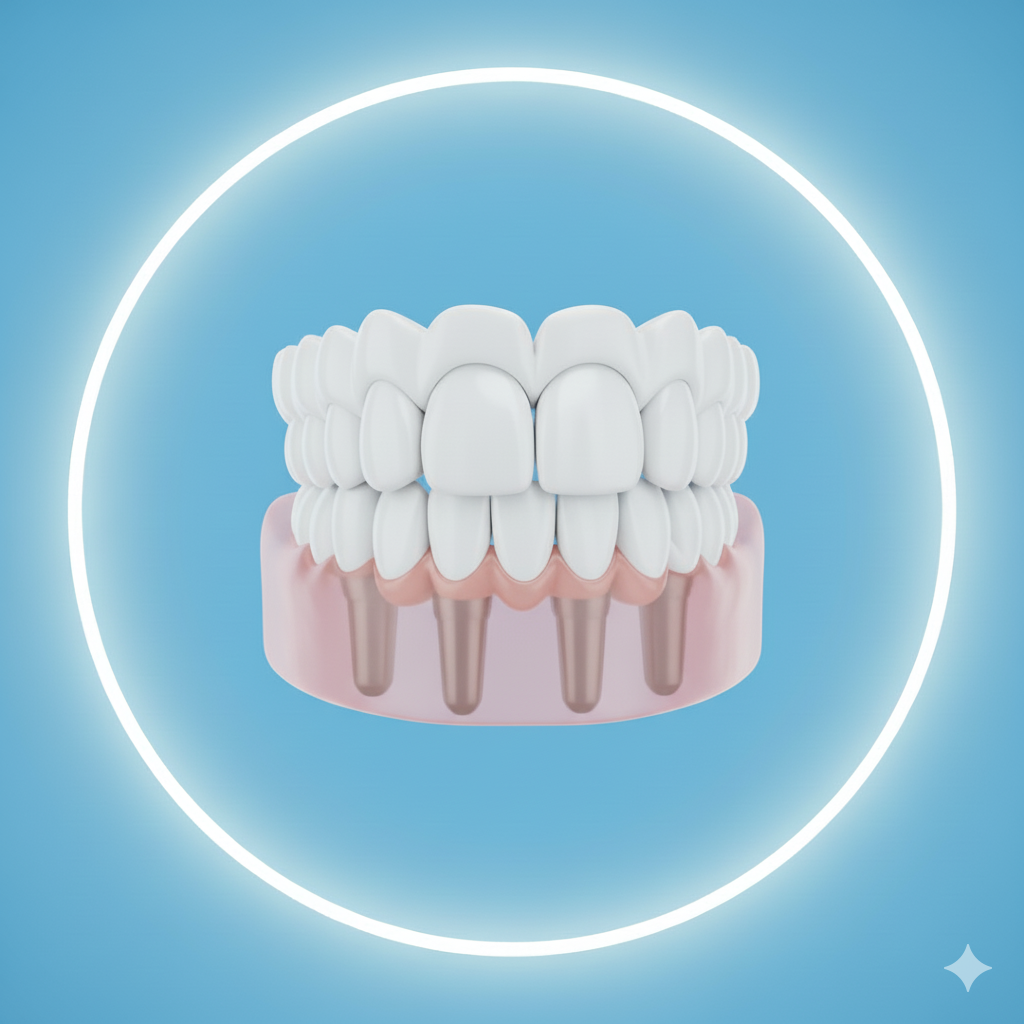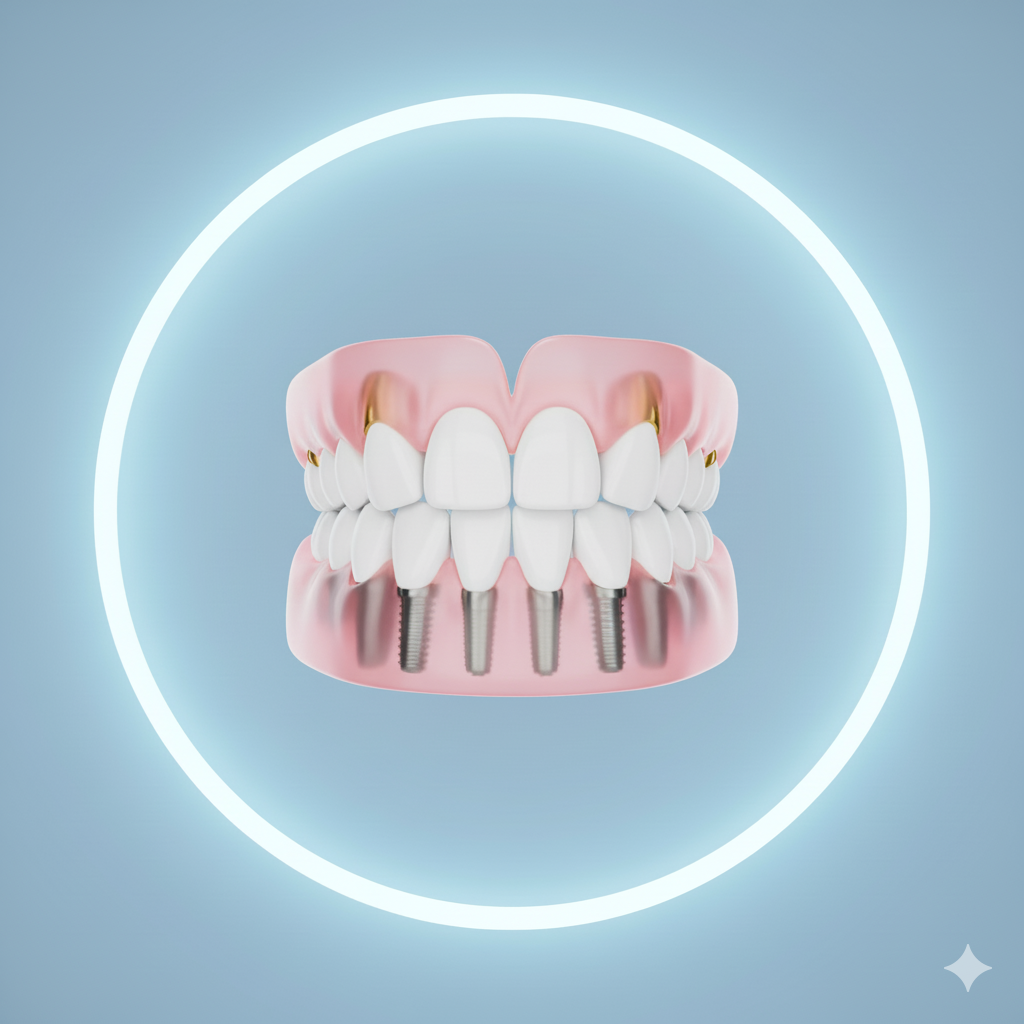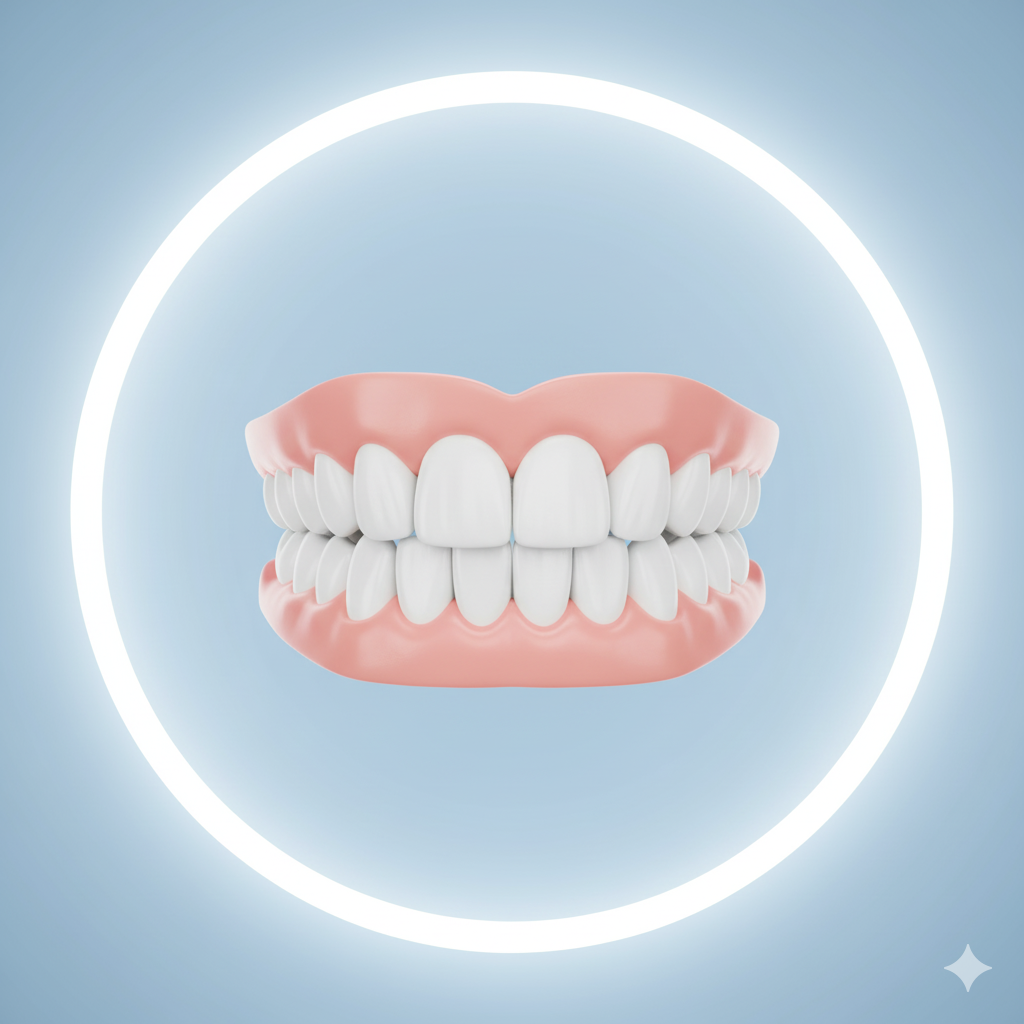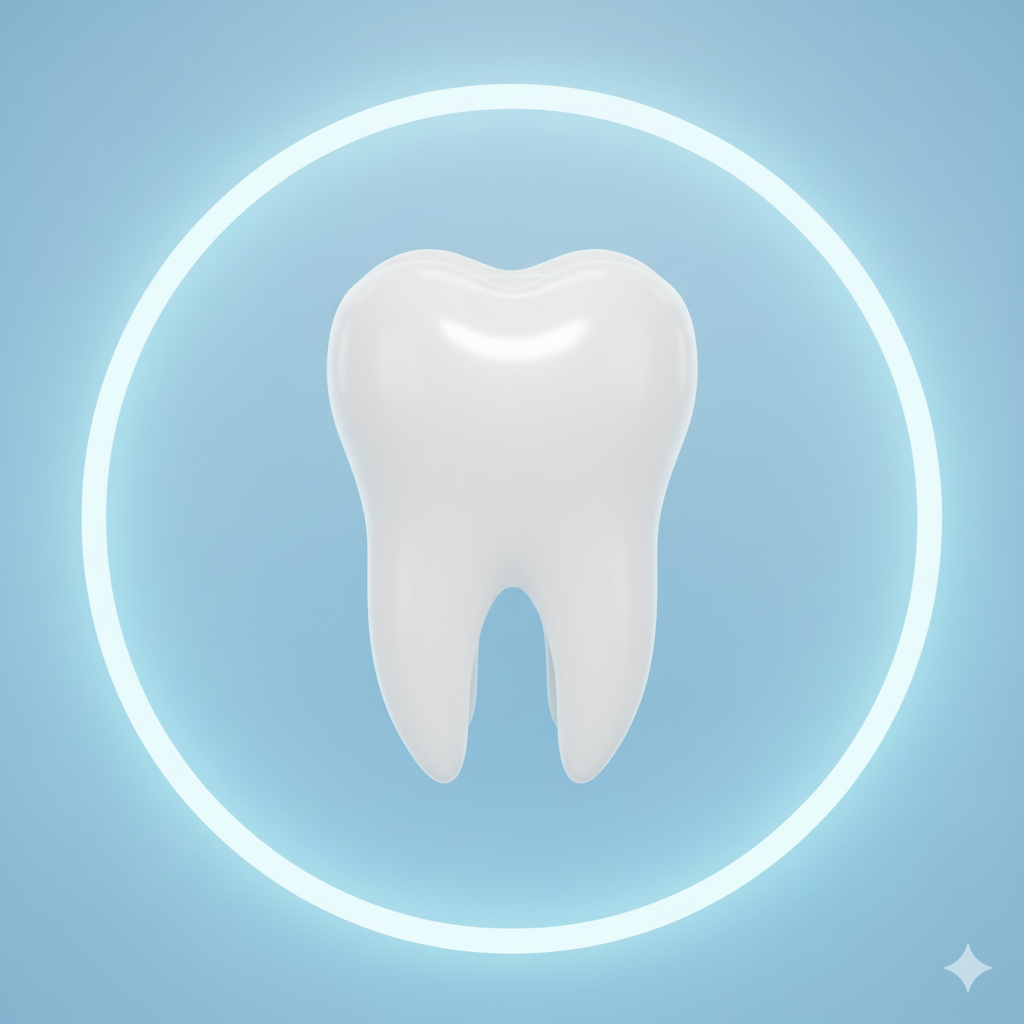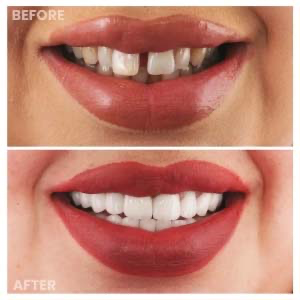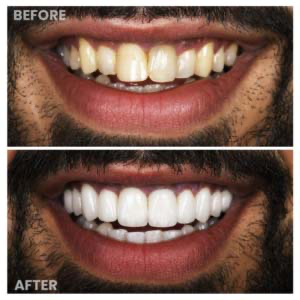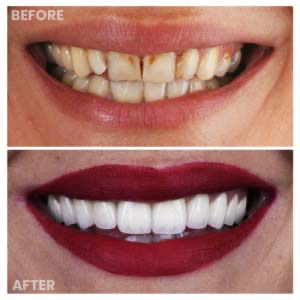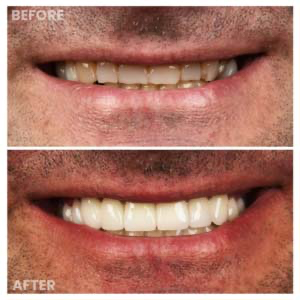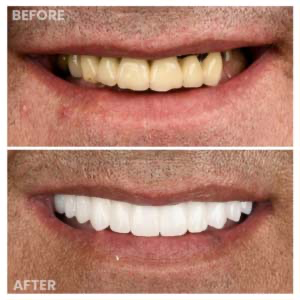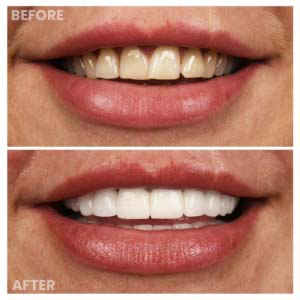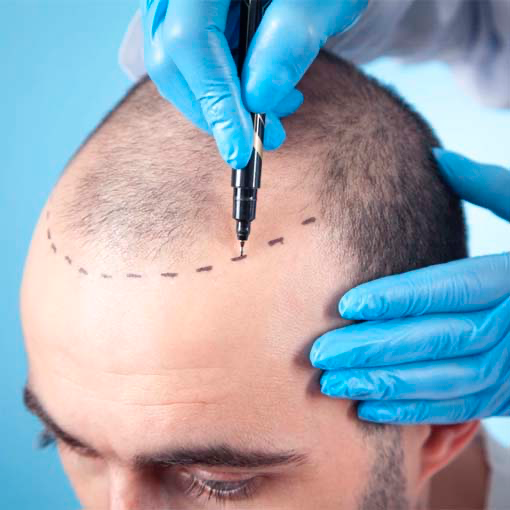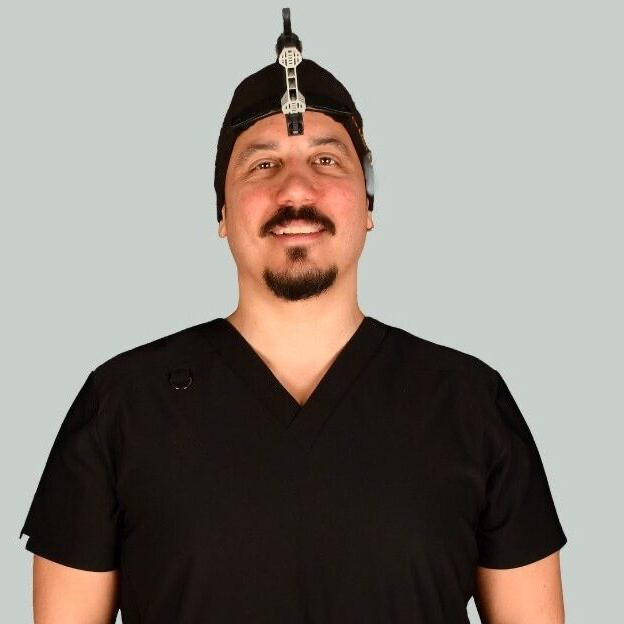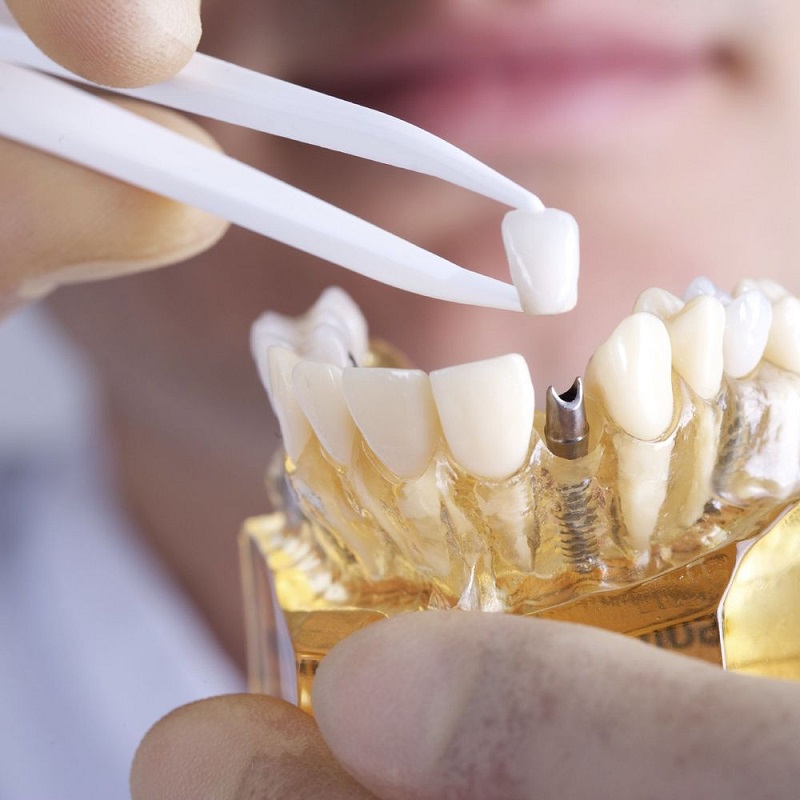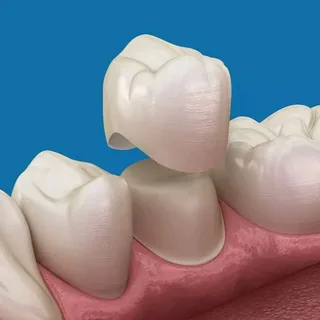Expert Team
Modern Facilities.
We provide the highest quality healthcare services to our valued guests with expert doctors at Turkey's leading hospitals. ViviMedi Travel Agency is one of Turkey’s most prestigious medical tourism facilitators, with multi-discipline treatments and a worldwide clientele.
Our Patient's Before & After
Treatment Gallery
See the remarkable transformations and successful results from our patients' journeys. Our gallery showcases real cases reflecting the high-quality care and expertise Vivimedi provides.
Discover Our Approach
Experience Healthcare
Take a closer look at ViviMedi through our official videos. Learn about our team, services, and the standards that guide everything we do — from patient care to personalized health tourism packages.
Health Tourism
Certificate
We are proud to present our official health tourism authorization certificates, demonstrating our commitment to providing quality medical services and meeting international standards.


Lowest cost, highest quality.
ViviMedi Travel Agency is one of the most prestigious medical tourism facilitators in Turkey with its multidisciplinary treatments and worldwide clients. Whether you are a local or visiting from afar, our high-quality services and partner clinics specialize in modern aesthetics and care in a welcoming and progressive environment. Enjoy your personalized treatment plan provided by a team of experts. As an intermediary institution, we offer this service to you in partner institutions with a health tourism authorization certificate.
Support and information
Get in touch
Contact us for any information, appointment requests, or consultations regarding your medical journey.

A full spectrum of care
complete healthcare solutions
ViviMedi offers personalized treatment plans in four key medical fields: hair restoration, facial aesthetics, body contouring, and general cosmetic care.
Discover our expert
team members
Our team of dedicated and highly skilled doctors is at the heart of our commitment to providing exceptional medical care. Each member of our team brings a wealth of knowledge, experience.
ViviMedi health
insights
and tips
Our team of dedicated and highly skilled doctors is at the heart of our commitment to providing exceptional medical care. Each member of our team brings a wealth of knowledge, experience.
Join us for all-inclusive health transformation experience.
Everything is taken care of — including travel and accommodation — so you can focus solely on your wellness journey.




